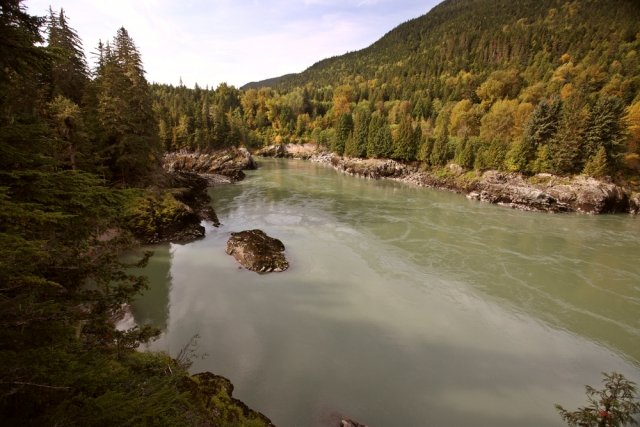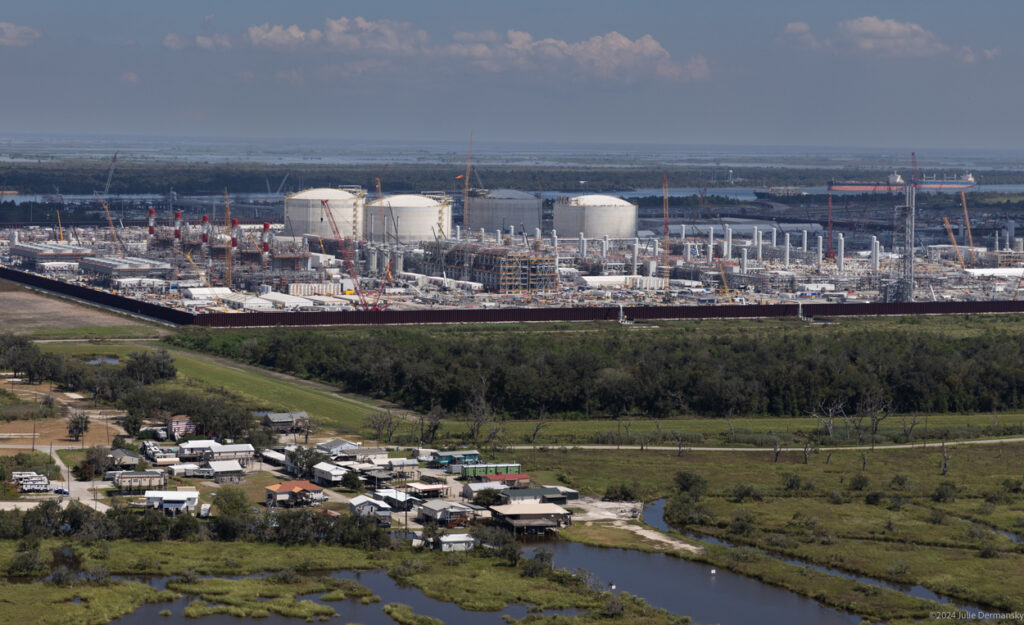Shell Canada announced that the company will immediately abandon plans to frack for natural gas in an area of British Columbia known as the Sacred Headwaters on Tahltan Nation traditional territory. The province of BC says it will issue a permanent moratorium on oil and gas tenures in the area.
A four-year moratorium, scheduled to expire today, began after Shell drilled three test wells in the area, igniting protest and blockades throughout the region and at Royal Dutch Shell headquarters in The Hague. In 2004, Shell was awarded a 400,000 hectare tenure in the Sacred Headwaters, the point of origin of the Skeena, the Nass and the Stikine rivers which are among the province’s most important salmon-bearing waterways.
According to the Skeena Watershed Conservation Coalition, Shell’s plans involved the construction of nearly 300 kilometers of road and over 4000 wells, as well as pipeline infrastructure and compressor stations.
In a separate agreement, BC will award Shell $20-million in royalty credits, as compensation for the lost tenure. The funds will be redirected toward a water recycling project at Shell’s gas drilling operations elsewhere in the province.
“Shell has backed away from a project only a handful of times. The powerful, relentless movement led by the courageous Tahltan and supported by nearly 100,000 people from around the world has not only stopped Shell, but persuaded the BC government to permanently protect the region from any further gas development,” said Karen Tam Wu, ForestEthics Advocacy senior conservation campaigner.
“It’s an inspiring day when communities in northern B.C. can stand up to one of the largest oil companies in the world and win. Congratulations to the Tahltan, and to the citizens and government of British Columbia.”
According to a BC government news release, the region is considered culturally, spiritually and socially significant to the Tahltan Nations.
“The government of British Columbia would like to thank the Tahltan Central Council and Shell for their commitment to positive communications during the last few years. Together, we have put agreements in place that respect the interest of all three major parties and have tangible benefits for British Columbians,” said Rich Coleman, BC‘s Minister of Energy, Mines and Natural Gas.
Annita McPhee, president of the Tahltan Central Council, said the band wanted to acknowledge Shell’s decision. “The Klappan is one of the most sacred and important areas for our people…Our people do not want to see it developed, and we look forward to working with BC on achieving permanent protection of the Klappan.”
According to the Globe and Mail, the BC government may extend protections in the area by restricting mining activities as well, something Sacred Headwaters campaigners have hoped for in their ongoing fight against Fortune Minerals.
Image Credit: Skeena River in British Columbia | Shutterstock
Subscribe to our newsletter
Stay up to date with DeSmog news and alerts







